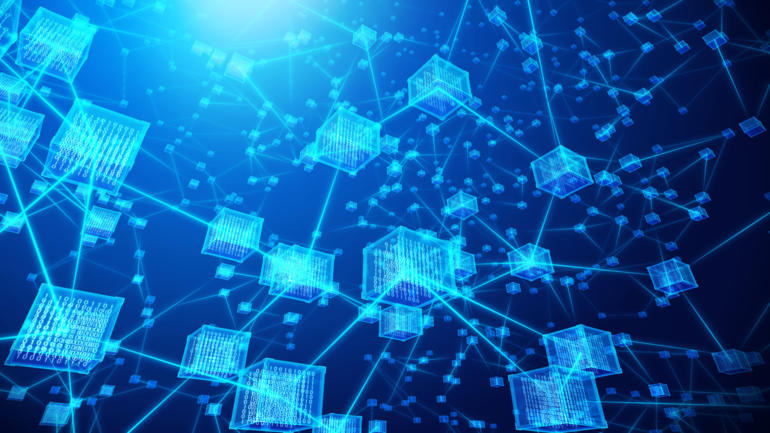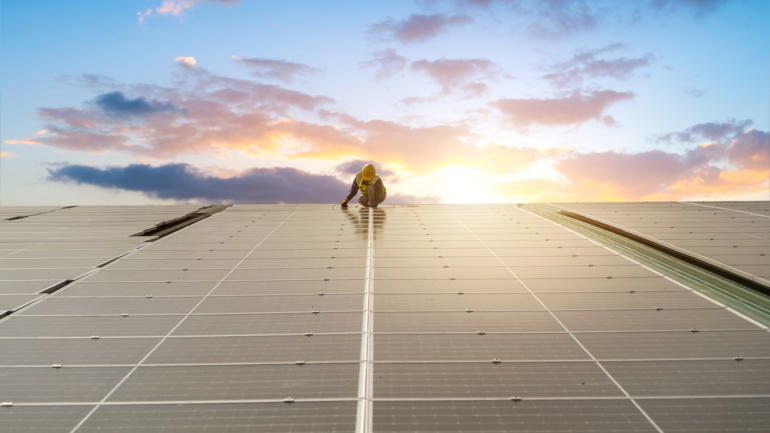Geneva, 5 December 2012- The report was prepared by the WBCSD electric utilities project, along with 10 of its world-leading member companies to share lessons learned from their experiences in different countries and circumstances. Empowering stakeholders recognizes that engagement activities produce mutual benefits for electricity utilities and stakeholders.
In the decades ahead, electricity companies will face a dual challenge. They will be forced to respond to an unprecedented global growth in power demand. At the same time, they will have to fight climate change and address several technical, societal and other environmental questions that will surface as the industry strives to satisfy the needs of its customers. Increasing energy needs are accompanied by a mounting desire from consumers and other stakeholders to have a voice in determining how, when and where investments are made.
Peter Bakker, President, WBCSD said: “We envision a future of energy efficient and environmentally friendly investments in the power sector to respond to our customer needs for cleaner and smarter electricity demand. Our member companies are stepping up to the challenge and scaling up their innovations to create this new reality. But we can only get there if all stakeholders work together: business, government and civil society. And that is why we have produced our guide: to help make a smooth transition to a sustainable future.”
Stakeholder engagement refers to activities undertaken to enhance two-way communication between an organization and its stakeholders. It is not an end in itself, but rather a way of promoting and supporting sustainable development and corporate social responsibility strategies to reconcile, as far as possible, a utility’s activities with those of other collective or individual interests. The five guiding principles that will provide meaningful engagement with our stakeholders are inclusiveness, materiality, responsiveness, measurement and transparency. The publication explains what these principles mean for electric utilities, why are they important and what lessons can be learned from the companies’ experiences and the business cases presented.
Mandy Rambharos, Senior Manager: Climate Change and Sustainable Development, Eskom Holdings, said: “Eskomis committed to being a high-performance organisation. To achieve this we have to ensure that we are a good investment and a trusted, ethical and well-governed company, highly rated by all its stakeholders.”
And Anne C. Bolle, Head of Climate Policies, Public Affairs and Climate Policies, Statkraft, added: “Statkraft will create long-term value for shareholders, employees and other stakeholders through good and transparent governance. We focus on building confidence in our surroundings through predictability and credibility, as well as on open and accessible communication. Good relations with the community and especially those third-parties who are affected directly by the business are particularly important. We are committed to developing and operating our assets in sustainable ways.”








